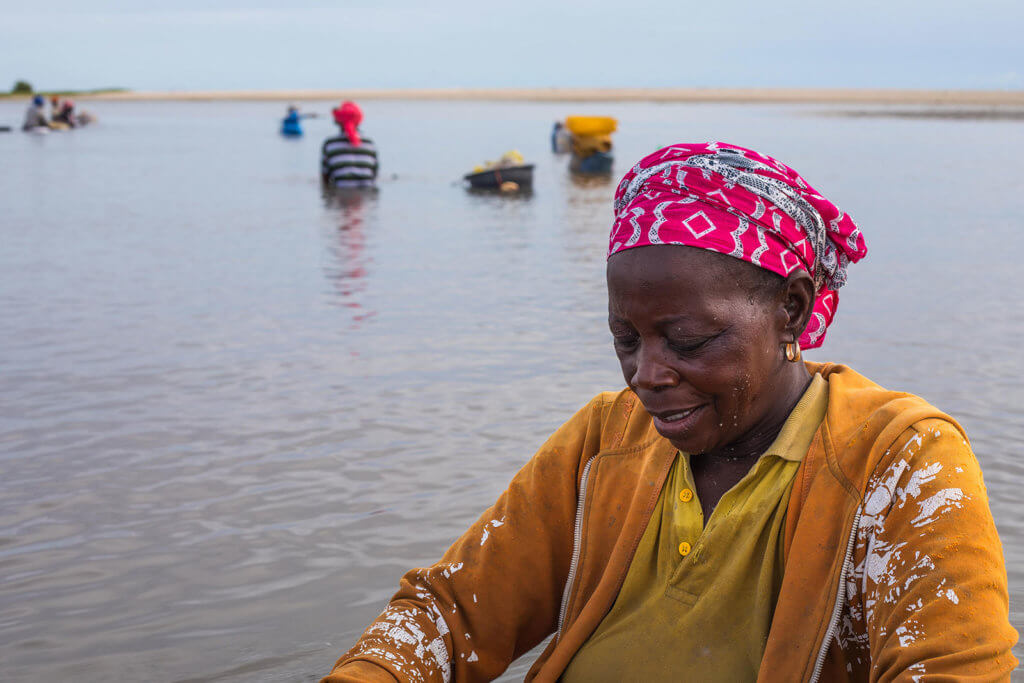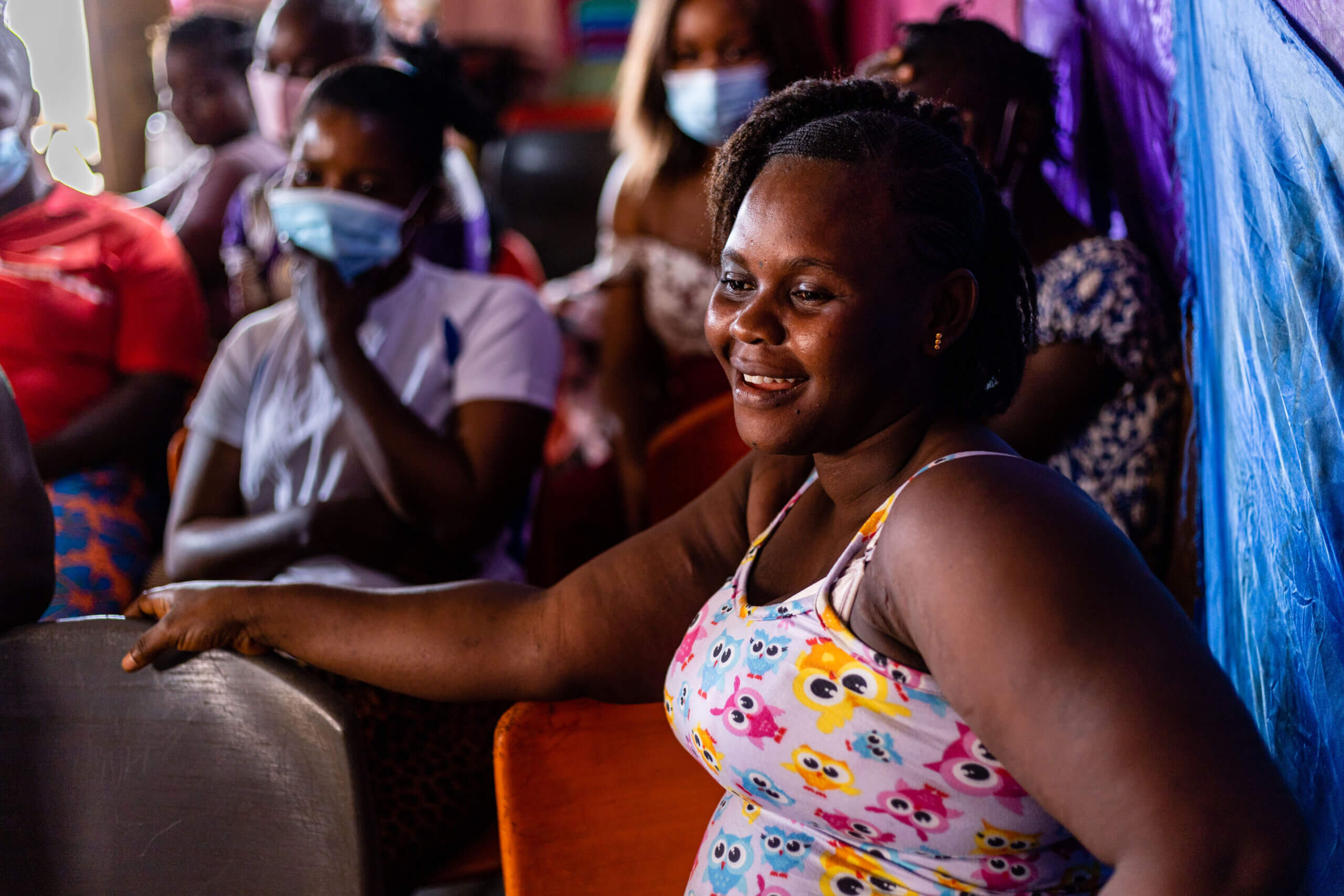3 things to know about choice and the climate crisis
For many of the women MSI serves, the climate crisis isn’t something they read about in the news—it’s a daily reality. When drought hits, they need to walk further to find water and when harvests fail, they can struggle to feed their families.
In the face of these challenges, being able to control if and when to have a child is crucial. But a new MSI analysis shows that an estimated 14 million women are at risk of losing access to contraception due to climate-related disruptions over the next decade.

Here’s three things you need to know about the intersection between the climate crisis and reproductive choice:
- Women and girls are the hardest hit by the climate crisis. Gender discrimination, lower incomes and limited access to resources means that women and girls suffer longer and more severely from climate-related disasters.
- The communities that contribute the least to climate change will be the most impacted. Water scarcity, rising sea levels, and increasing crop failures and flooding are disproportionately affecting low- and middle-income countries. Women who have been displaced by climate disruptions urgently need access to reproductive healthcare—but those same disruptions make it harder to access.
- If women’s access to contraception isn’t protected, the consequences will be dire. MSI estimates that climate disruptions could cause an additional 6.2 million unintended pregnancies, 2.1 million unsafe abortions and 5,800 pregnancy-related deaths over the next decade.
As world leaders gather for the COP26 climate conference, we urge them to support women and girls on the frontline of the climate crisis by integrating sexual and reproductive healthcare into their funding commitments. By protecting reproductive choice, we can help women and girls adapt and determine their lives and futures.
Click here to read the full two-pager on reproductive choice and the climate crisis.






